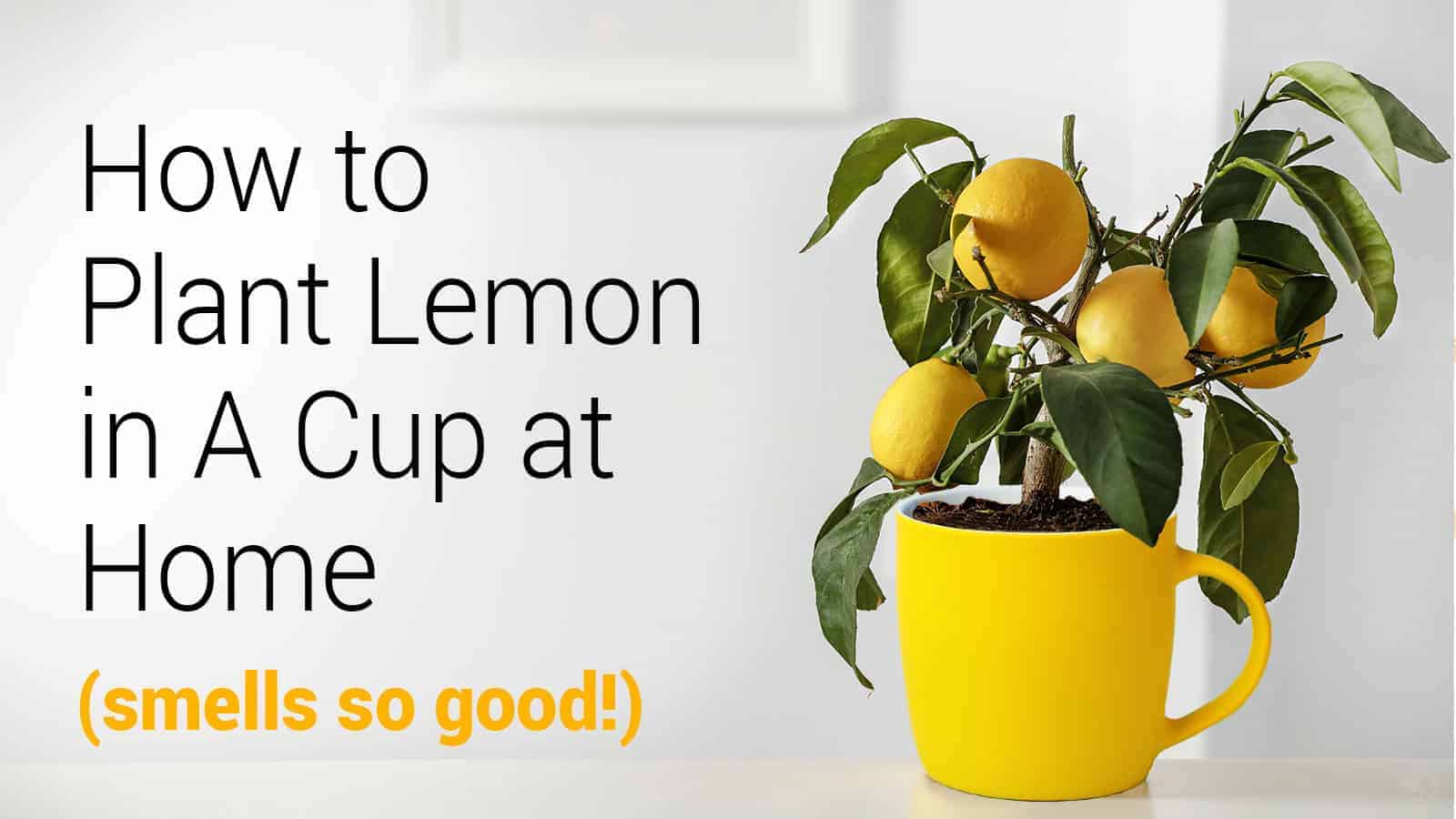Good sleep is almost synonymous with good health. We know that our bodies require rest, but sometimes getting enough is difficult. Stress, caffeine, our busy schedules, and our connection to our technology can prevent us from getting enough sleep to function at our best the following day.
According to the Centers for Disease Control, insomnia is a serious public health concern that affects the quality of life of millions of Americans. Lack of sleep can lead to lost time at work and safety concerns like falling asleep while driving. The National Department of Transportation estimates drowsy driving responsible for 1,550 fatalities and 40,000 nonfatal injuries annually in the United States.
Most treatment for insomnia is focused on avoiding things that will keep you up, like caffeine, and learning good sleep habits like going to bed at the same time every night. Traditional medicine also offers solutions in the form of over-the-counter or prescription sleep medicines.
For those looking to avoid a medical remedy for lack of sleep, indoor plants may be a holistic health alternative. House plants are an inexpensive solution that provides health benefits and can also help you sleep better.
5 Plants That Will Help You Sleep Better
Here are five plant sleep helpers to try in your home.
1. Lavender
Lavender is well-known for its use as an aromatic herb that induces a state of calm when we experience its fragrance. The calming, soothing effect of lavender aromatherapy has also recently begun to be used in hospital settings to ease patient discomfort.
One study found that lavender aromatherapy used in the Intensive Care Unit of a hospital for 9 hours at night significantly improved the sleep quality of patients with heart disease.
Lavender plants require a good amount of sunlight and moist but not wet soil. A grow light will also help your lavender plant to stay healthy. Find a south-facing window for an indoor lavender plant.
2. Valerian
Research has shown that valerian extract does help improve sleep quality, especially when given in multiple doses over a more extended period.
Valerian is an herb and a mild sedative. Dried valerian root is commonly used in tea to enhance sleep.
Although it is not a common houseplant, valerian can be sprouted in well-drained soil and kept indoors in a sunny spot. It is unlikely that your one houseplant will produce enough roots to harvest for making your sleep remedy, but you can cut a portion of the root, and the plant will continue to grow.
Valerian also has white flowers that have been used in perfume. The blooms may also induce a calm state which will help you sleep better. The leaves of valerian can also make a milder sedative tea than the roots.
3. Passionflower
Passionflower is an exotic, beautiful, purple flowering tropical vine that you can grow indoors. It likes lots of light but no direct sunlight. You might need to put a trellis or frame in the pot when you plant it to give it support to grow.
The leaves of Passionflower can be dried and used as tea for relaxation. They can also be combined with valerian as a sleep aid. Passionflower has also been used for anti-anxiety medicine. In one study, passionflower extract was as effective as the drug oxazepam in relieving generalized anxiety disorder.
4. Peace lily
The tall white flowers of the peace lily are lovely to look at. But the plant does a beautiful job at cleaning your air of toxins. Our homes have many artificial components that are released into the air, causing breathing distress for us. Peace lilies can help remove benzene, formaldehyde, xylene, toluene, ammonia, and trichloroethylene from the air.
Removing these chemicals from the air that you breathe will certainly you’re your sleep as well. Peace lilies are toxic to animals and humans, so keep these plants out of reach of children. They like indirect sunlight and moist, mulch-covered soil.
5. Ferns or palms
Ferns and small indoor palm trees have more leaf surface area and are just as effective at removing similar air toxins as peace lilies are. The surface area of the leaves of ferns and palms extracts more carbon dioxide from the air as you breathe at night and returns oxygen to the room that they are in.
These plants also prefer moist soil with low light, away from a sunny window. The humidity given off by the moist soil of these and other houseplants can reduce the amount of mold and bacteria in the air, helping you to breathe easier and sleep better. You can read more about how plants can improve your health here.
Avoid chemical pesticides for your houseplants to not introduce toxic chemicals back into your home environment. Similarly, look for a natural, organic fertilizer to keep your plants healthy.
Herbs are wonderful to use for healing. However, please seek medical guidance to ensure that you do not experience side effects with other medicines or supplements that you are taking. It is also advisable to see your doctor if your insomnia is causing you distress.















 Community
Community

